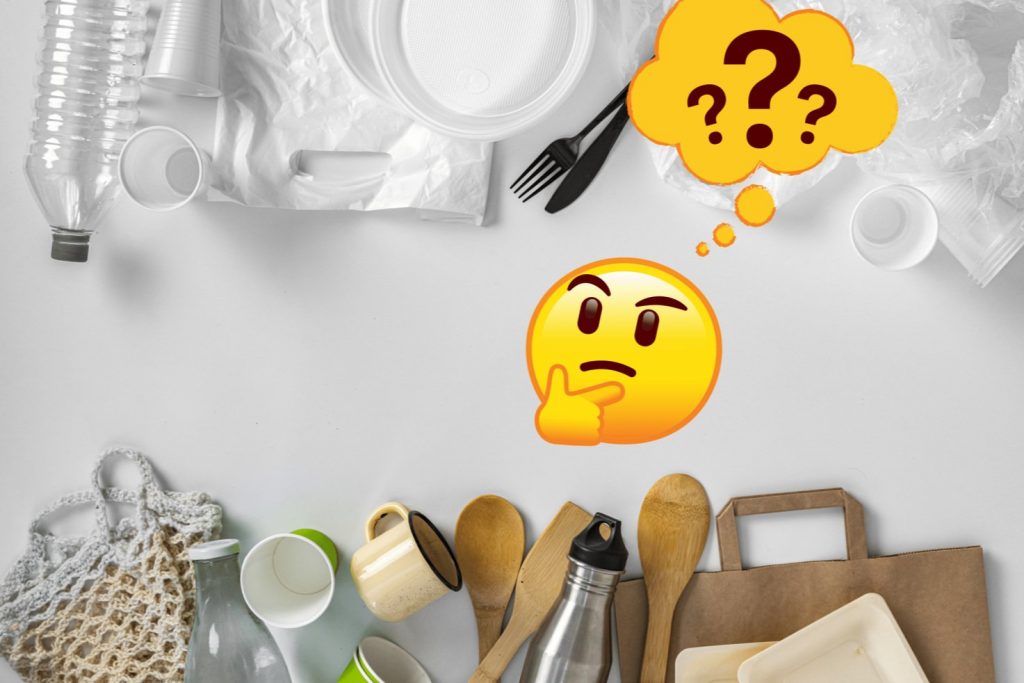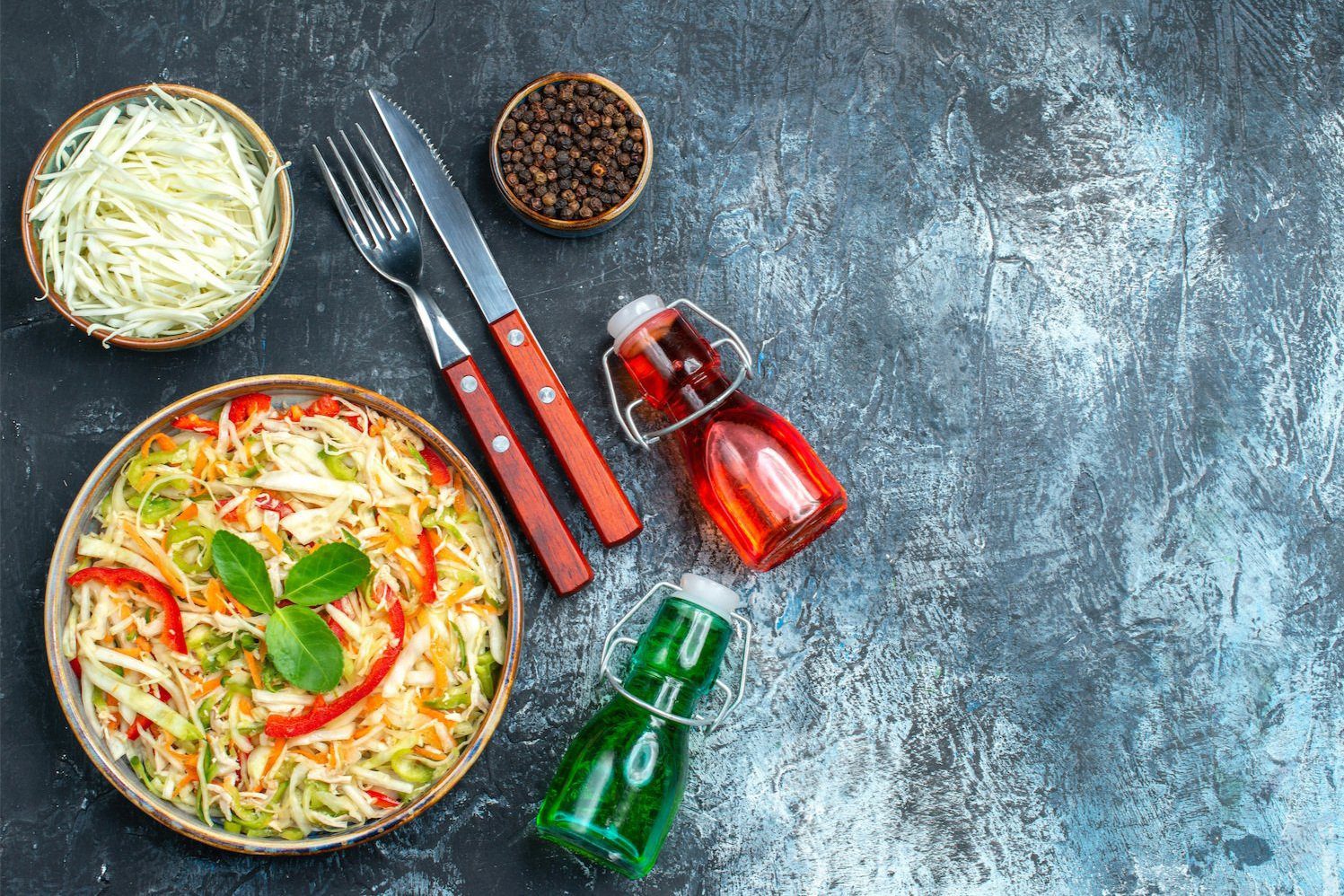Understanding Packaging
(UP) Scorecard
A revolutionary free online resource helping concert and sports venues, restaurants, and other businesses choose plastic-free and sustainable packaging
Make Better Choices
The Understanding Packaging (UP) Scorecard is a revolutionary free online resource that can help concert and sports venues, restaurants, and other businesses choose plastic-free and sustainable packaging for food and drinks.
The tool was developed through the Single-Use Materials Decelerator (SUM’D)—an unprecedented cross-industry collaboration of leading foodservice companies, environmental NGOs, and technical experts. The collaborators include Plastic Pollution Coalition and member organizations and businesses, like Food Packaging Forum, Footprint Foundation, and Vessel Works. Also part of the effort are some of the biggest players in the global food service industry, including Aramark (U.S.), Compass Group (UK), and Sodexo (France), along with the U.S. National Restaurant Association.
When we ask companies not to use single-use plastic because it is toxic to human health and pollutes the environment, the first question they ask is what are they supposed to use instead? Now there is a tool to help companies better ‘understand packaging’ and how to choose the most sustainable option. The UP Scorecard is really exciting and could be transformative for the food service industry. It will be a huge help as we begin the cultural shift away from single-use materials to more sustainable ways to package and deliver food.
Dianna Cohen, Co-Founder and CEO of Plastic Pollution Coalition
This free tool backed by sustainability and foodservice leaders brings consistency and transparency to the foodware and food packaging industry. Investigate and compare the health and environmental impacts of various food and drink packaging and containers to make positive decisions for your customers, your business, and our planet.

The Packaging You Choose Matters
With its huge purchasing power, the food service industry could provide a transformative market signal to foodware and packaging manufacturers for more sustainable products. This opportunity remains mostly unrealized today, because food service industry buyers often lack the technical expertise needed to evaluate the wide range of more sustainable solutions amid increasing green marketing claims, such as recyclable, compostable, non-toxic, and low carbon.
The UP Scorecard works by measuring commonly used foodware and food packaging products with a coherent method to provide companies with the information needed to make sustainable purchasing decisions.
- It addresses the need for a consistent and comprehensive way to assess different sustainability impacts of foodware and food packaging products.
- It provides an easy way for food industry and service professionals to make informed decisions about the environmental and human health impacts of the foodware and packaging products they purchase.
- It enables users to compare products to determine which options offer the strongest protection for the environment and human health.
After being launched in 2021, the UP Scorecard was updated in 2022. This new version features a strengthened methodology and improved user experience and features over 70 additional foodware and food packaging products to explore and compare.
Tips for Using the UP Scorecard
Watch a live demo below.
Learn more
Do you have questions about how the UP Scorecard works or how it could help you? Be sure to take a look at the new Frequently Asked Questions (FAQ) page. An updated version of the methodology document has also been released that explains in detail all of the data sources and calculations used to calculate each score.
Implement Plastic-Free Changes

There’s so much plastic served along with food at restaurants and included with take-out orders, from plastic wrap to plastic forks. This is a big problem, because plastic is a substance the Earth cannot digest. Neither can people, nor other animals.
There are many reasons to implement plastic-free changes at your food-service business.
- Single-use plastic items in takeout orders is a significant source of plastic pollution in the natural environment, including the oceans.
- More than 561 billion individual plastic utensils are used and thrown away by Americans every year.
- In addition to polluting the planet, use of plastic in food service can have serious health consequences for people.
- Plastics are rarely recycled and reusables are the solution.
Find out how to replace single-use plastic products with healthier alternatives at your eatery or food service business, on our Plastic-Free Eateries page.
Acknowledgments
The Single-Use Materials Decelerator (SUM’D) team (of which Plastic Pollution Coalition is a part) would like to thank everyone who shared feedback with us on the first version of the UP Scorecard. Many of these suggestions have already been incorporated, and there are still others we are working to take on board in future versions. If you have any feedback to share on this new version, please do so using this online form.